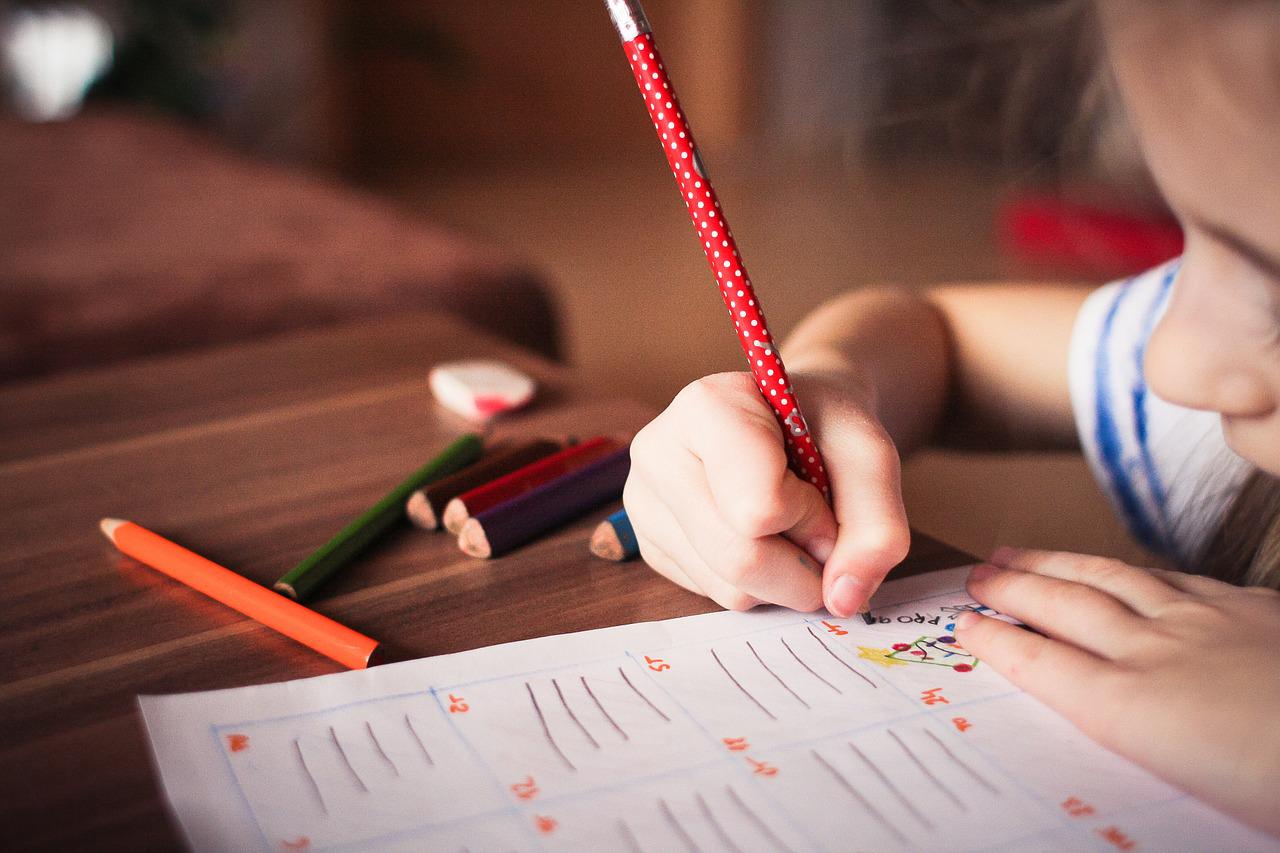Today’s article, written by Natasha Tiwari, looks at developmental delay. I asked her to answer some questions about the subject as it’s something that affects a lot of adopted children due to their early life experiences.
Natasha is an award-winning psychologist, education strategist, and CEO of The Veda Group, a global private education and wellness company with offices in London and New York. She has a reputation for working with clients to achieve exponential rates of progress, academically, therapeutically, and developmentally, even in the most challenging of circumstances, and transforming mental health outcomes. Her personal methodologies exist at the intersection of pedagogy, psychology, and neuroscience.
Natasha is frequently invited by schools and corporations to consult on how to optimise and accelerate the learning process, and on how to secure resilient mental health. She has been featured in The Guardian, The Observer, The Telegraph, Spears, and The Huffington Post.

What is developmental delay?
Developmental delay is when your child hasn’t reached a developmental milestone by the expected time. This delay may be big or small in the process of your child’s development, but the defining factor is that the delay is continual.
We usually think of developmental delays showing themselves during the first three years of life. This is notable because it is a period of time that is critical for development. Development is fastest at this age, and there are lots of “critical” periods here. That’s to say, if a developmental milestone isn’t achieved, it may not be achieved later on.
15-20% of children have a developmental delay. Trauma (emotional and physical) during pregnancy, birth, and early years is a key contributing factor. This is why developmental delay is a potent concern for many adoptive parents.
How can it be identified?
The fastest way to identify developmental delay in early years is to ask yourself if your child is showing symptoms of developmental delays. Questions might include:
- Do they fail to respond to their own name?
- Is there perpetual resistance to being with others?
- Is there resistance to physical touch?
- Is your child lacking in facial expressions?
- Does your child struggle to speak, carry conversations or remember words that they wish to use?
- Is your child’s movement particularly repetitive?
- Does your child struggle with developing routines?
- Is your child notably uncoordinated?
- Is your child not smiling when their peers are?
- Is your child slower to interact with others?
If a child has a developmental delay when they move to their forever family, will they always have it?
No. With the right treatment and support, as early as possible, there is no reason why a developmental delay will be permanent.
It is important to note that a developmental delay is different from a developmental disability. Children do not grow out of developmental disabilities- but they can make progress.
Developmental delay, on the other hand, can be overcome, with a strategic therapeutic plan. This plan may include a range of different emotional and physical therapies to help your child to catch up.
In my experience, the more sophisticated and bespoke the plan for your family and child’s needs, the more likely you are to see your child “catch up” with ease and at speed. At The Veda Group, our framework is based on a consideration of a child’s unique psychological and physiological blueprint. What I’ve seen is, that at every stage of development, we can support robust development and “catching up” because the treatment is not based on a cookie-cutter approach.
How can parents tell if they need professional support?
If your child has any kind of delay and you’re not sure if it is a minor lag or a developmental delay, discuss it with a specialist as soon as possible. Early intervention is vital for overcoming developmental delays.
Don’t worry about looking as if you’re catastrophising. As a parent, it’s your job to notice when things do not appear to be as they should. Either your mind will be put to rest, or, if your child needs intervention, you can get the ball rolling.
What should a parent know about getting intervention?
The more bespoke, and 1-1, the better the outcome will be. I would advise that parents be cautious of those who can’t speak about success rates and don’t have a framework for meeting a child’s bespoke needs.
Other than that, parents should remember that overcoming developmental delay is a marathon rather than a sprint, and celebrate the small victories along the way.

Head over to the parenting section to read more articles like this one



